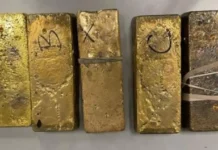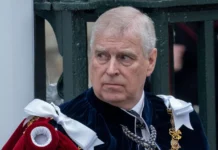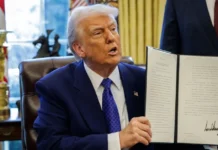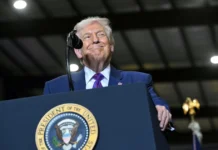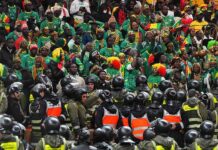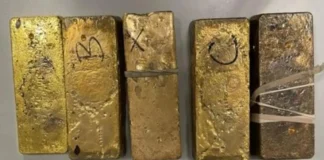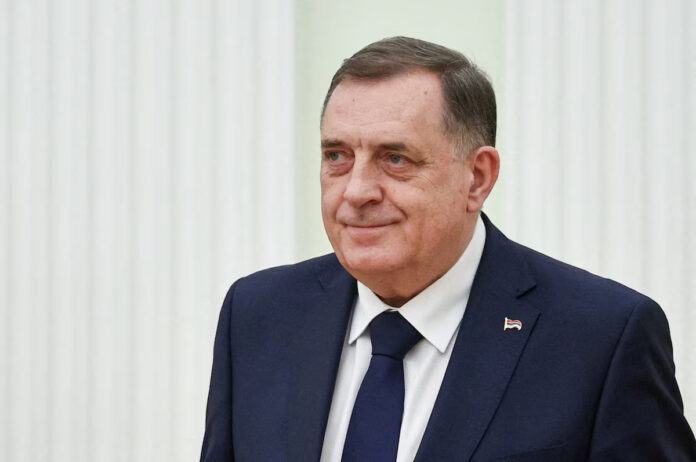
The United States has lifted sanctions on Bosnian Serb nationalist leader Milorad Dodik, his family members, and dozens of close allies, the U.S. Treasury Department’s Office of Foreign Assets Control (OFAC) announced on Wednesday.
The decision removes restrictions placed since 2017 on Dodik and his network, which included senior government ministers, his son Igor, and daughter Gorica, as well as several companies tied to them. OFAC did not provide a public explanation for the move.
Dodik, the former president of Bosnia’s Serb-majority entity Republika Srpska, had been sanctioned for repeatedly undermining the 1995 Dayton peace accords that ended Bosnia’s ethnic war.
In August, he was stripped of his presidential mandate following a court ruling banning him from political office.
In a post on X, Dodik thanked U.S. President Donald Trump and his administration, calling the lifting of sanctions “a correction of a great injustice done to Republika Srpska and its representatives.” He described the decision as “a moral rehabilitation of the truth” about the Serb Republic.
The development follows months of quiet diplomacy between Bosnian Serb officials and Washington. Local leaders have hinted at efforts to repair relations with the U.S. while maintaining close ties with Russia, a longtime ally of Dodik.
Bosnian Serb lawmakers last week appointed an interim president to replace Dodik, marking the first official acknowledgment of his removal.
The parliament also repealed several separatist laws introduced under Dodik’s leadership that had defied Bosnia’s constitutional court and international peace envoy. Early presidential elections are scheduled for November 23.
The U.S. State Department welcomed these recent steps, saying they reflected “U.S.-led efforts to defuse the crisis in Bosnia and Herzegovina.” A spokesperson said the measures “should improve stability” and “enable partnership with the United States based on mutual interests and shared prosperity.”
In total, 48 individuals and entities were removed from the U.S. sanctions list, according to the State Department.
Analysts say the move could signal a tactical shift.
“Dodik’s compliance with the Sarajevo court ruling suggests he seeks to remain in good standing with the Trump administration,” said Jay Truesdale, a former U.S. diplomat. “He’s stepped back from his most aggressive challenges to the Dayton Accords, though he retains the capacity to reignite a secession push.”
Despite being banned from office, Dodik has continued to appear at public events and travel abroad as president.
He maintains that Republika Srpska’s ultimate goal remains independence, even as he fights to overturn his conviction and the decision stripping him of power.
Source: Reuters
Written By Rodney Mbua









